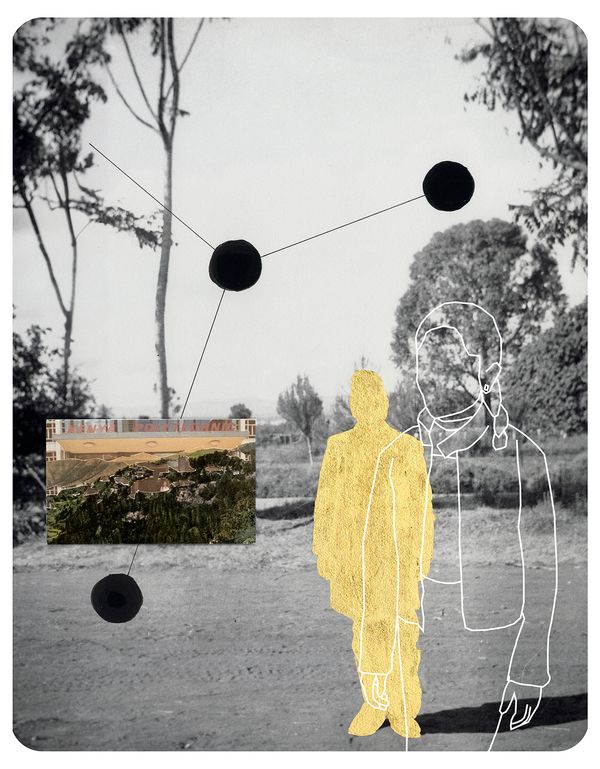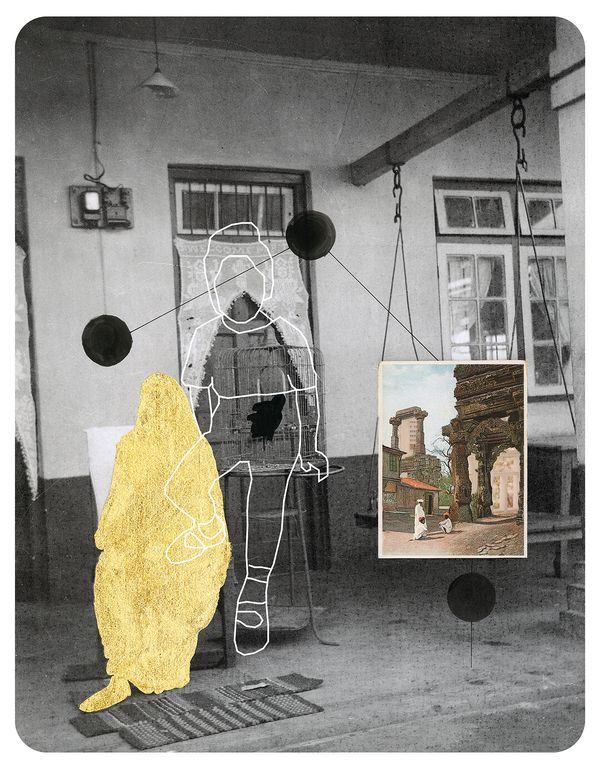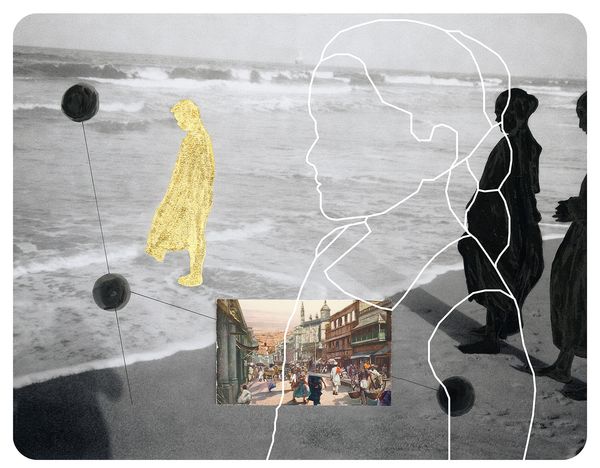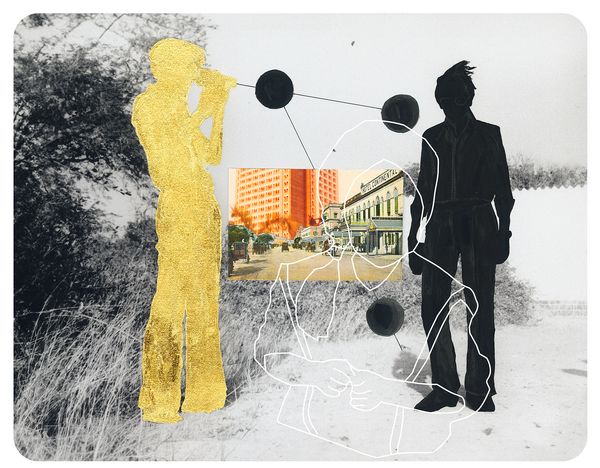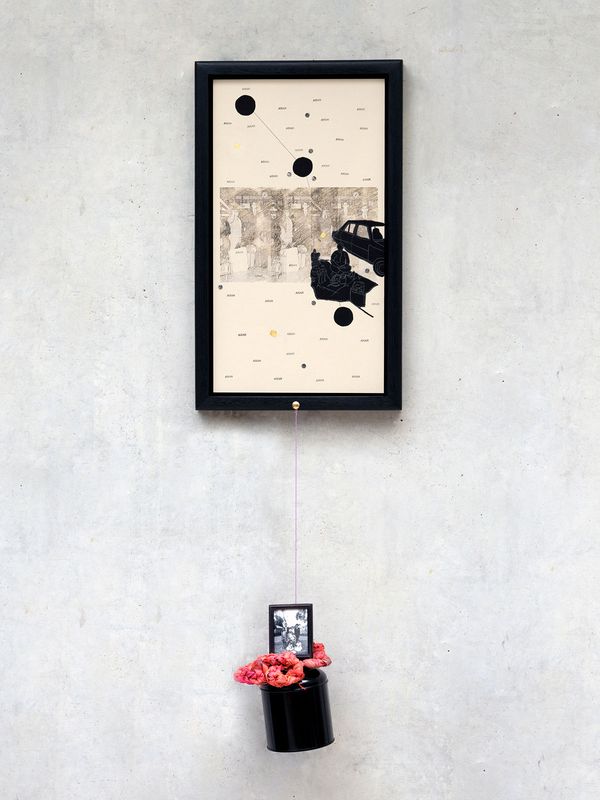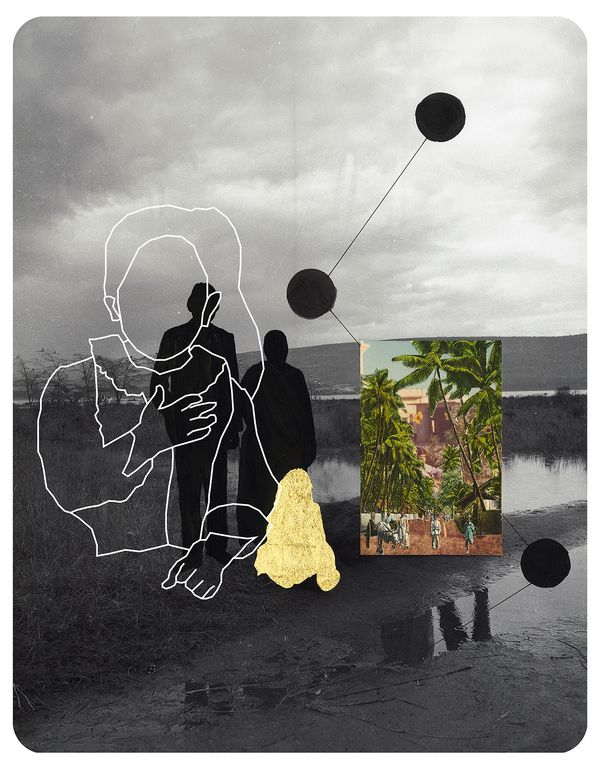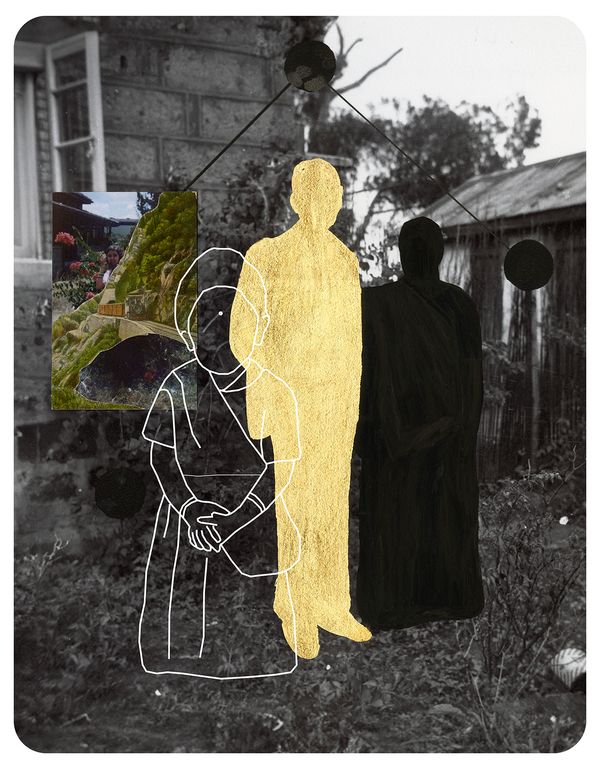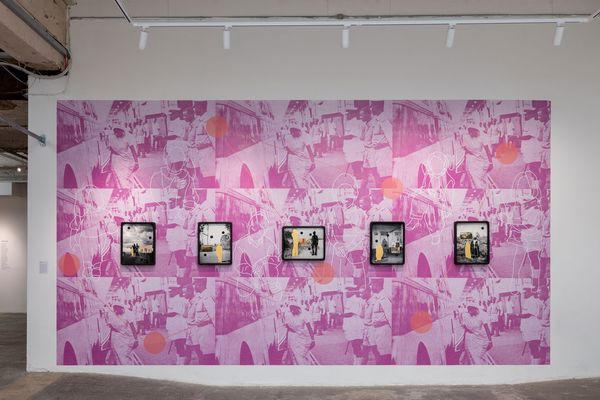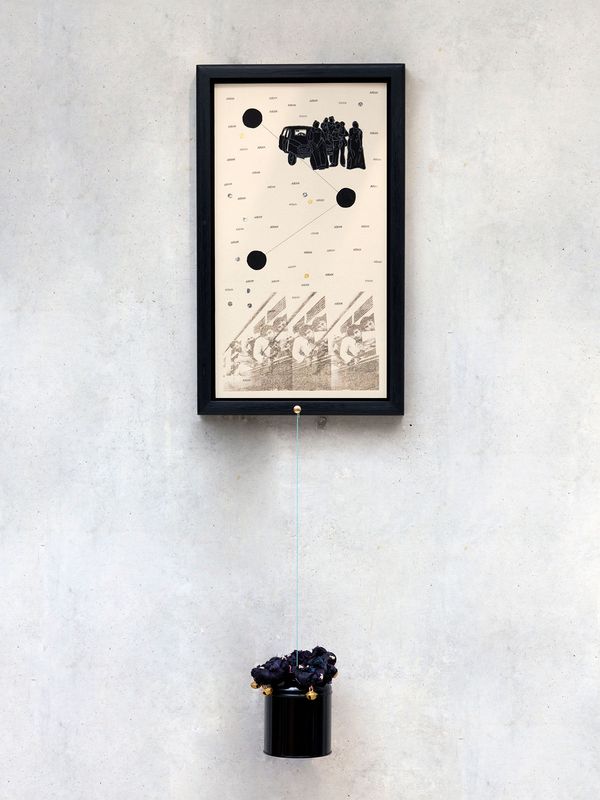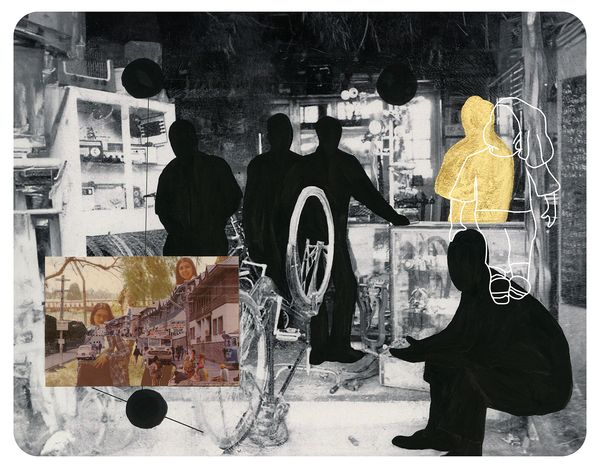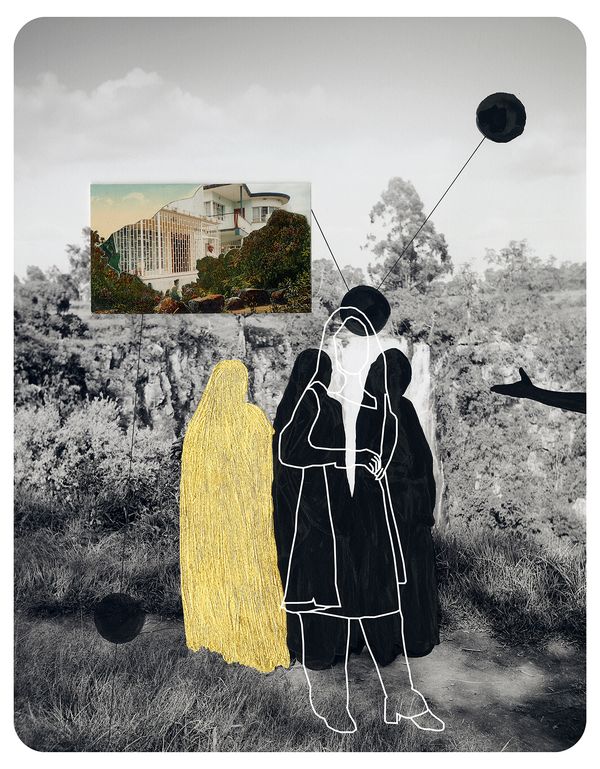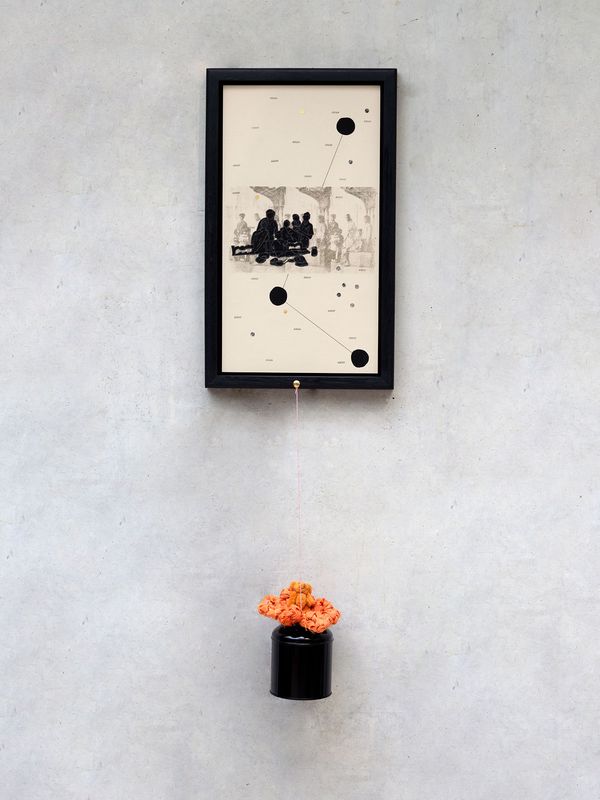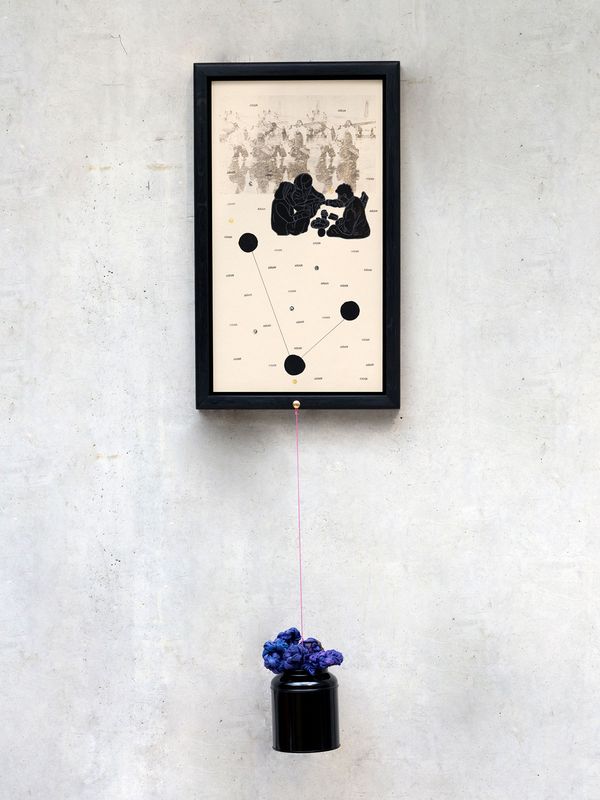I Dreamt of Lost Vocabularies
-
Dates2024 - 2024
-
Author
- Topics Archive
Through a constellation of poetic words and the residues of history - I Dreamt of Lost Vocabularies (2024) is a proposition and provocation to locate myself in a culture where colonial systems have sought to flatten and simplify my heritage.
By gently unravelling my family’s migration traversing three continents - India, Africa and the UK crossing over a century. The journey begins with my great-grandfather's family departing India in 1908 to settle in Njoro, Kenya, as economic migrants during the construction of the East African railway by the British Empire. It continues with my grandfather relocating to Kampala, Uganda, with his young family in 1966, only to be exiled in 1972 under the dictatorship of Idi Amin, in which 90,000 Asians were displaced. Culminating with my parent’s marriage in the UK in 1984 and my birth in 1991.
By working with a handful of photographs, some over 80 years old, depicting many people who are no longer with us, these interconnected collages reflect on what was lost in 1972 when only a few possessions could be taken from Uganda. How does the absence of images shape the stories we are told? What do I find when I search for myself within the archive.
The gestural marks of gouache, ink and the textures of gold leaf; along with collaged elements from cut-out 19th century postcards and archival family photographs, the works are finished with a layer of glass that hold silhouettes of me in my formative years all representing the vastness of stories as well as the voids of lost narratives. By weaving together a multiplicity of histories through images and signs, it provides a language capable of conveying a spectrum of emotions—from pain to joy—and bring to light a narrative of resilience, community, and kinship.
The interplay of archive and myth unveil the complexities, ambiguities and tensions inherent in diasporic experiences. For me, these multi-layered collages serve as a portal to imagine encounters with my ancestors, allowing me to insert myself alongside their shadows, as an act of remembering to place their histories, experiences and strength.

